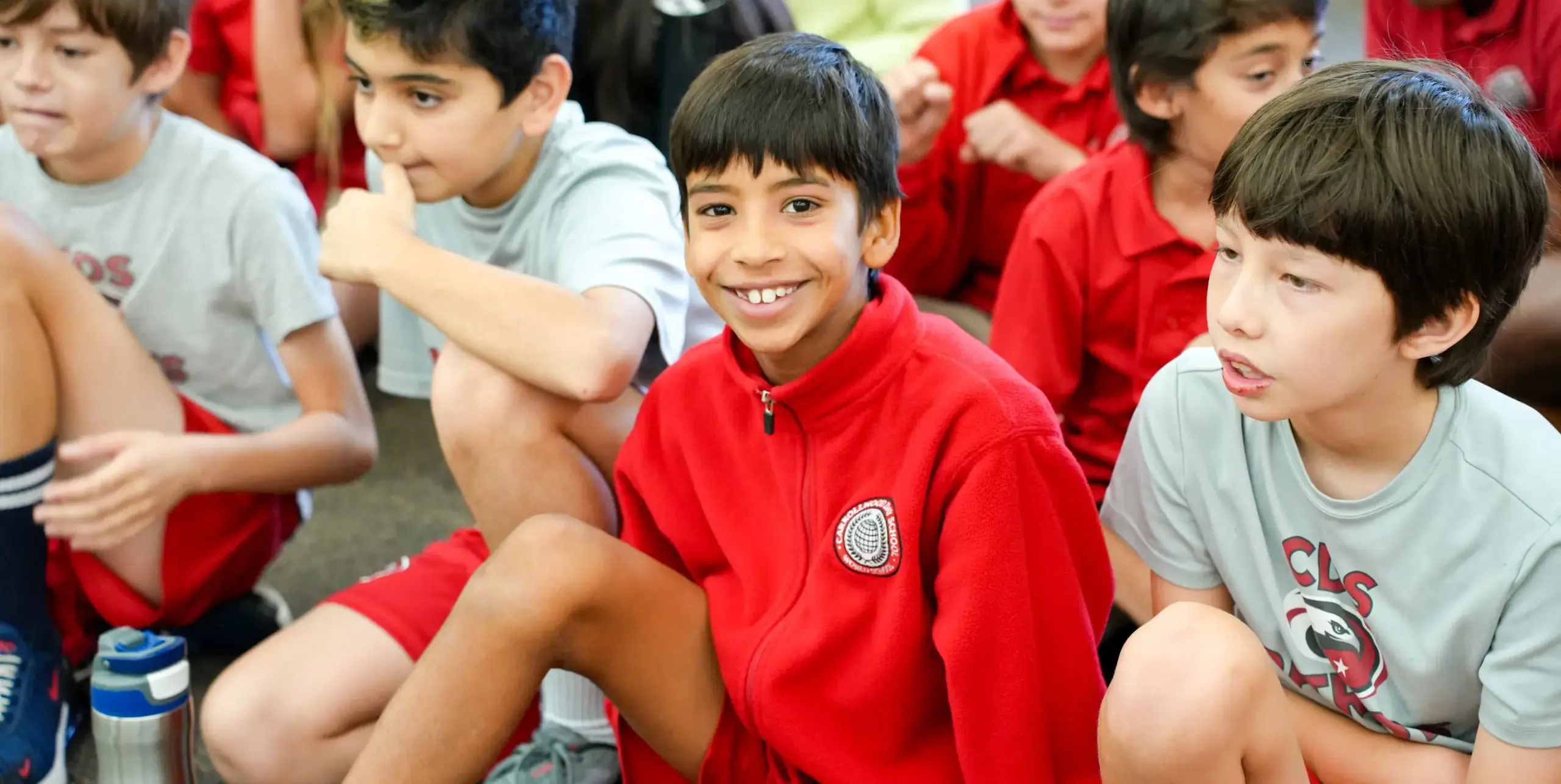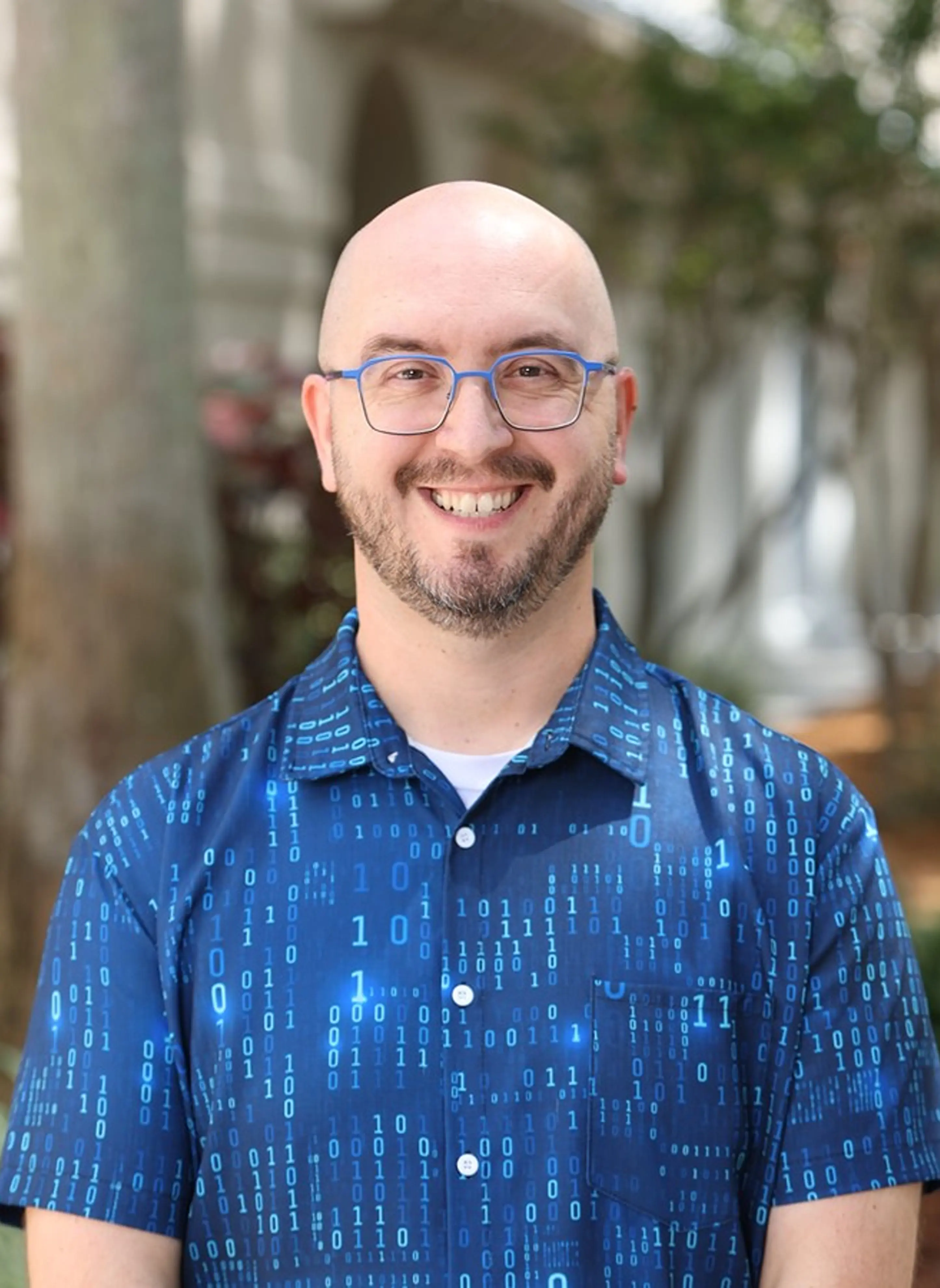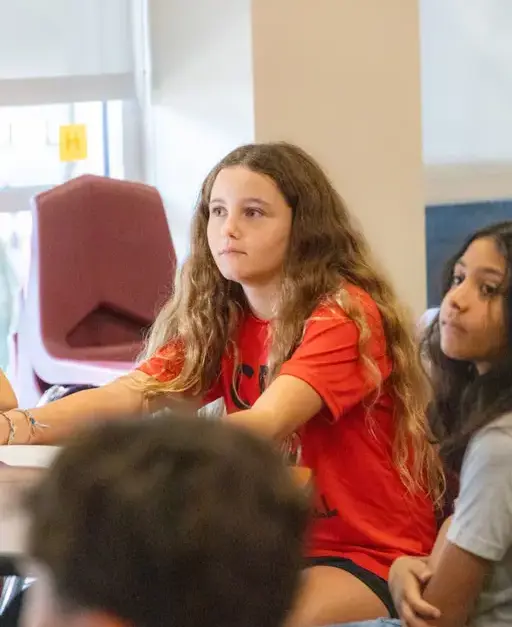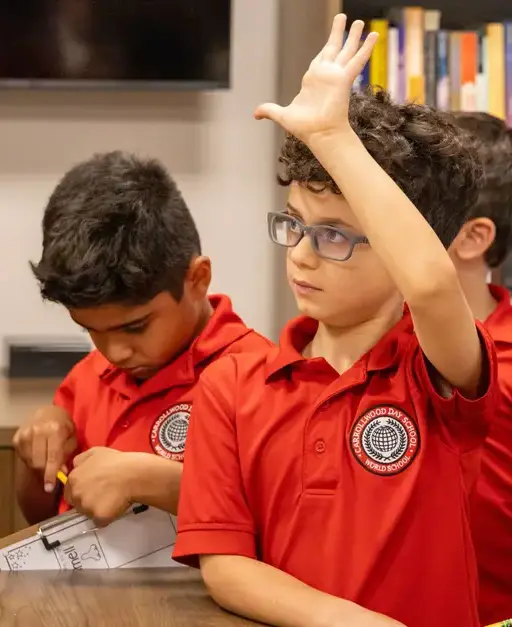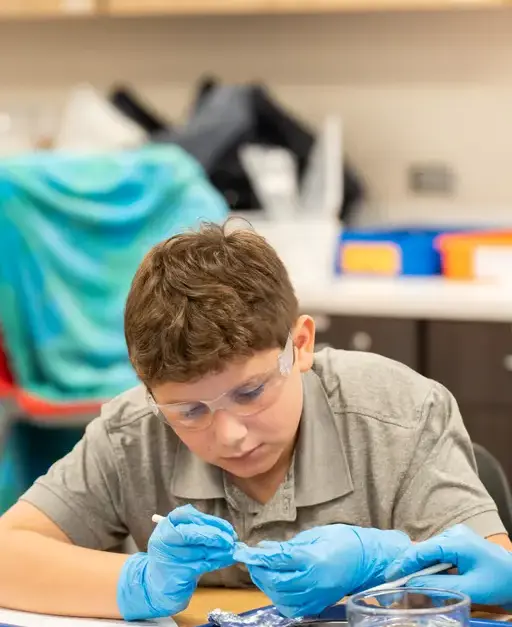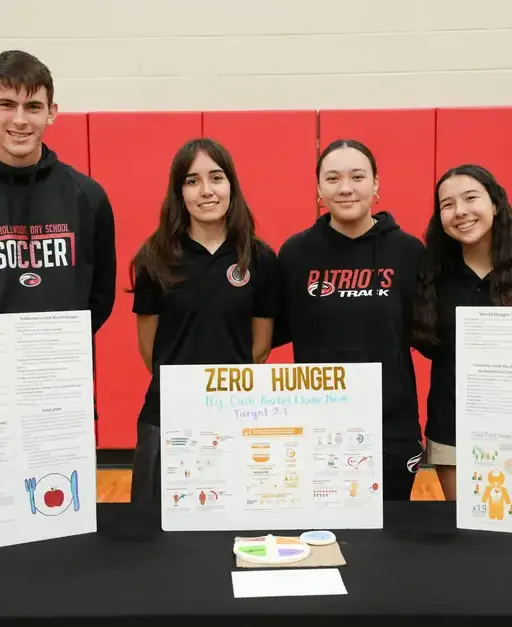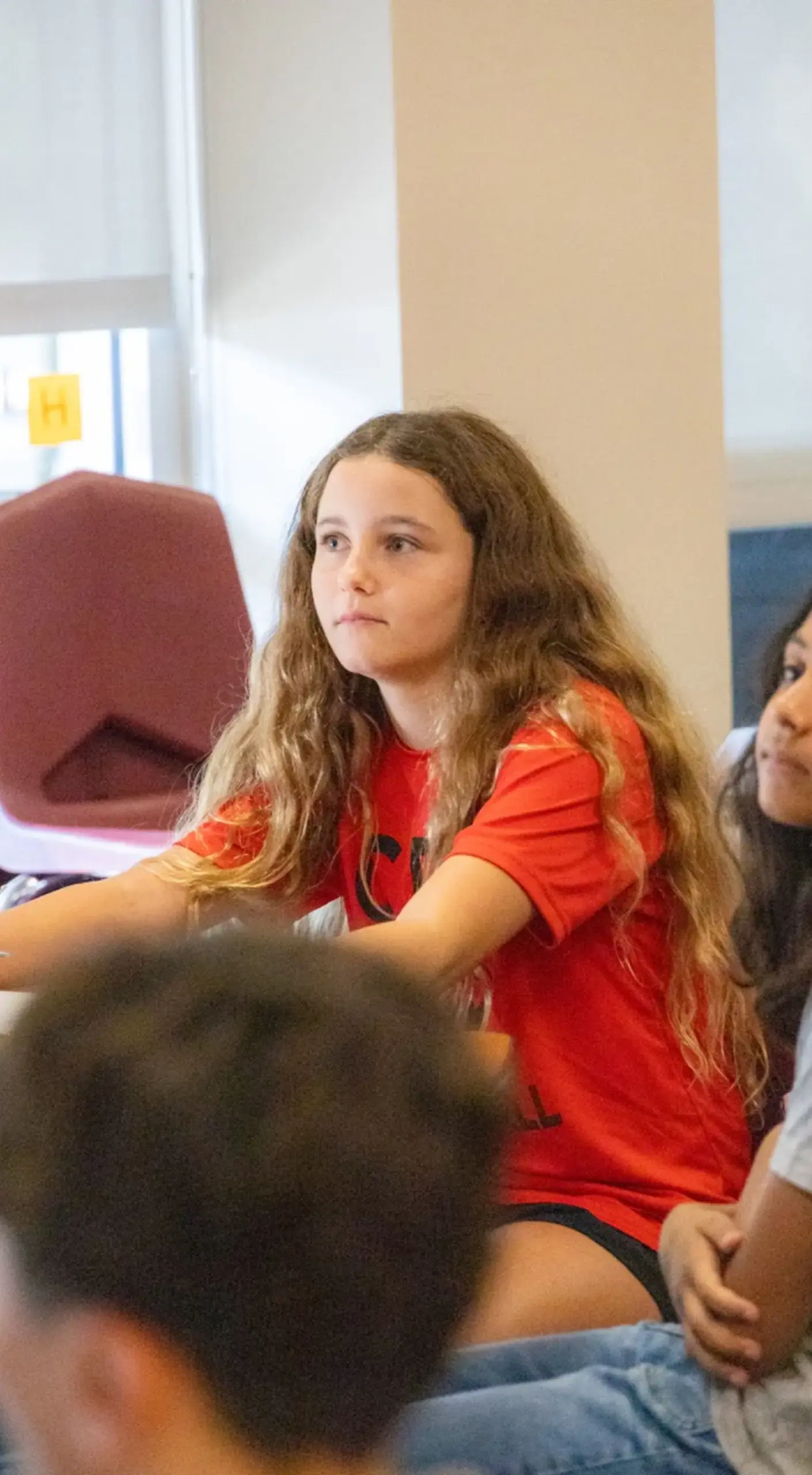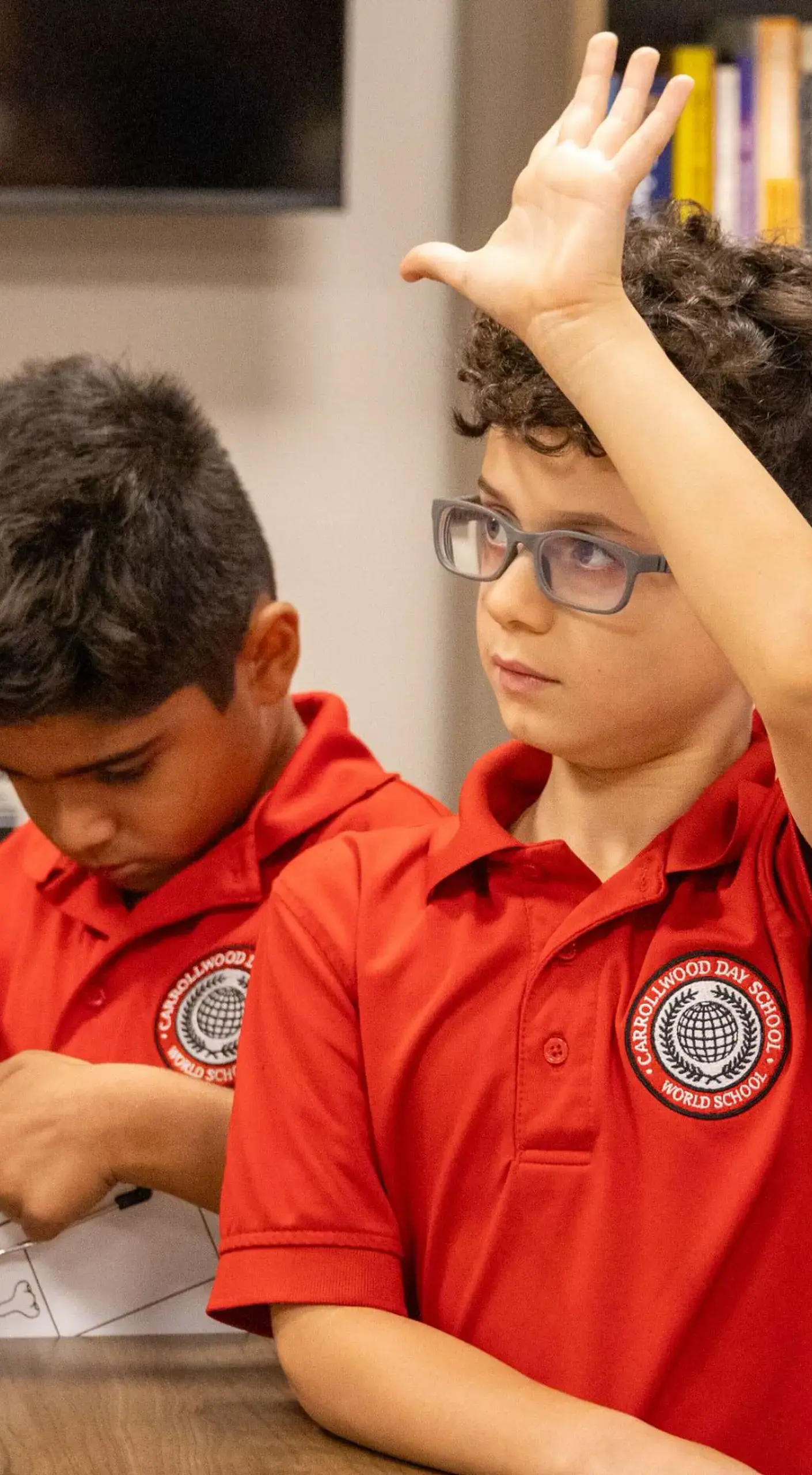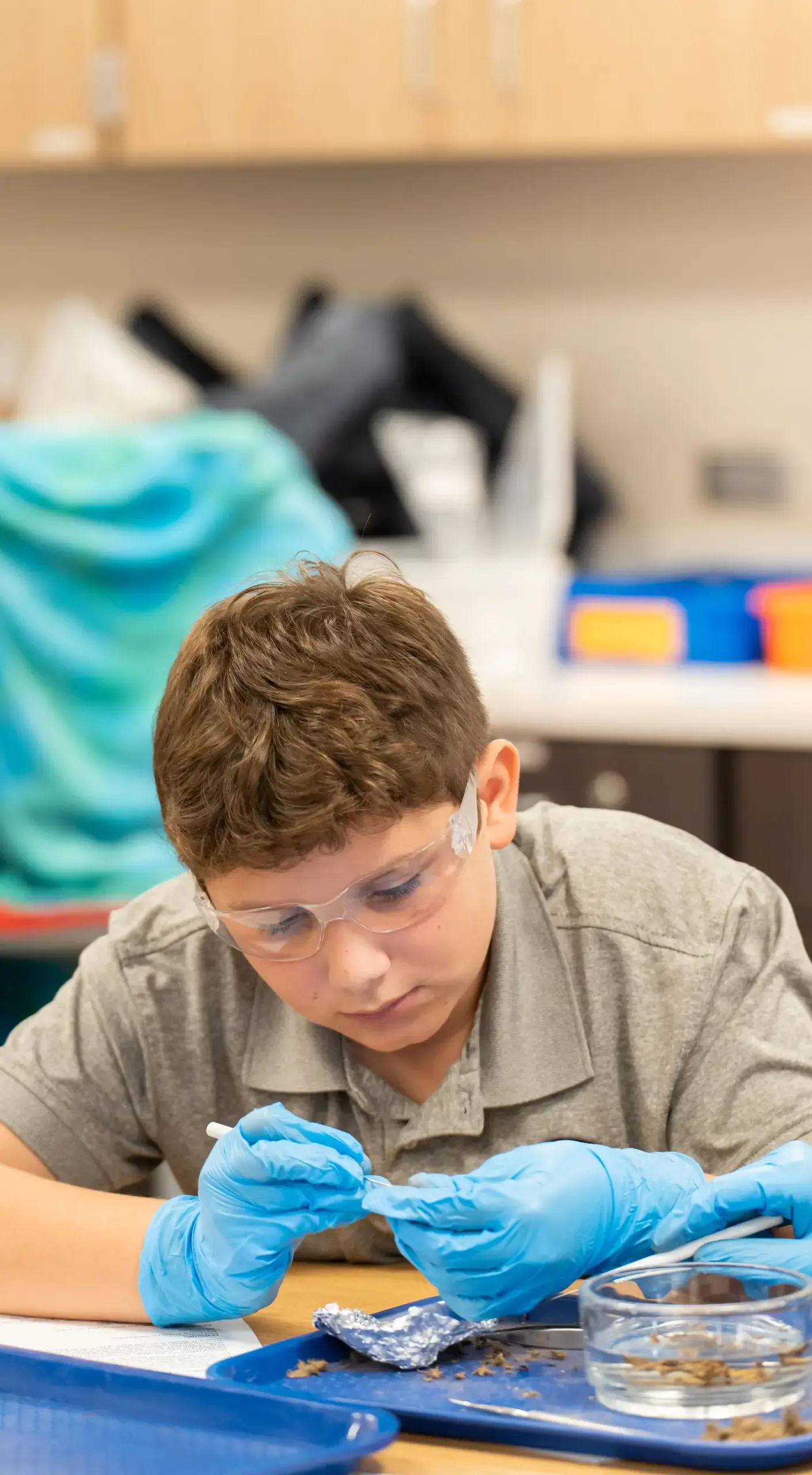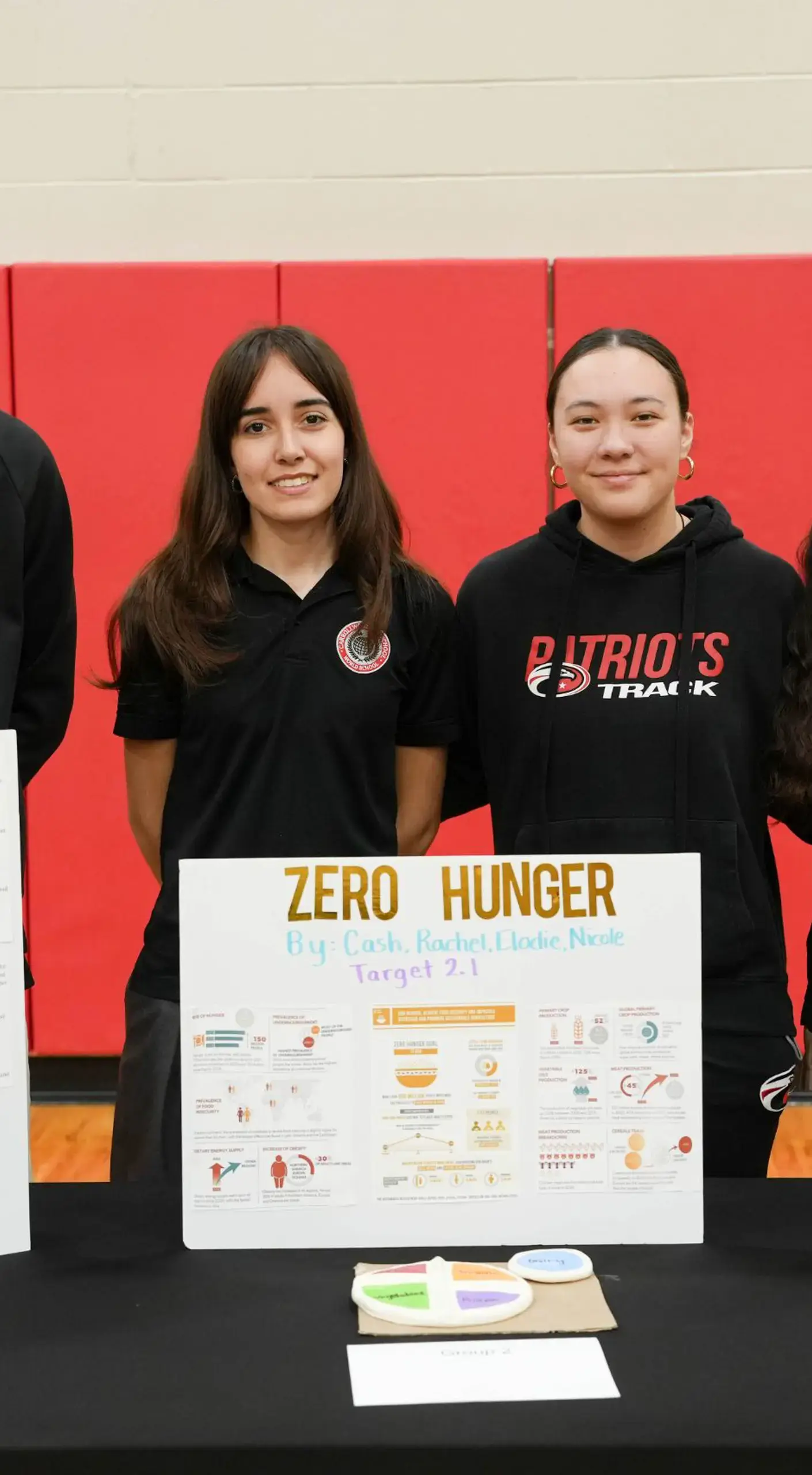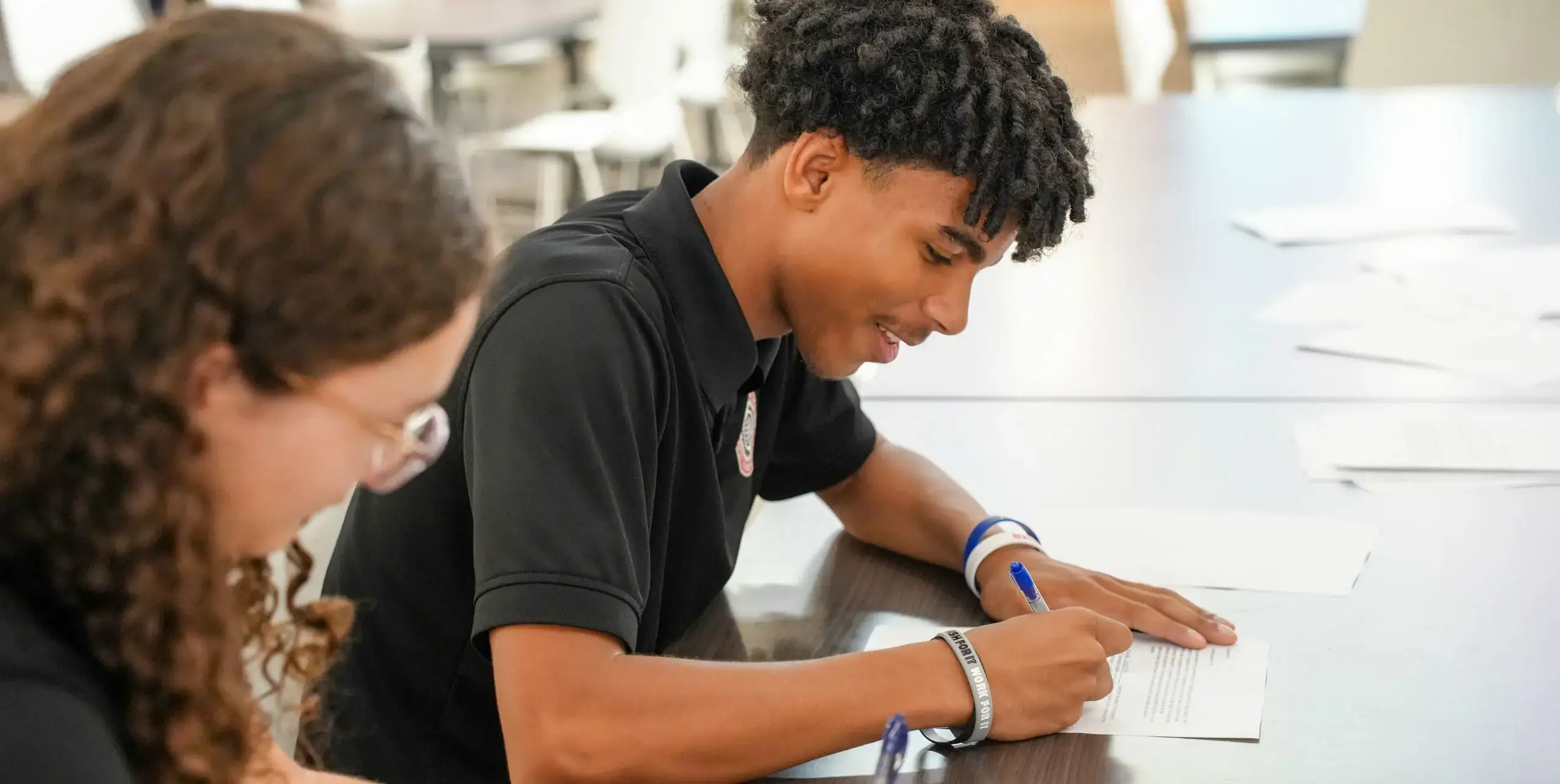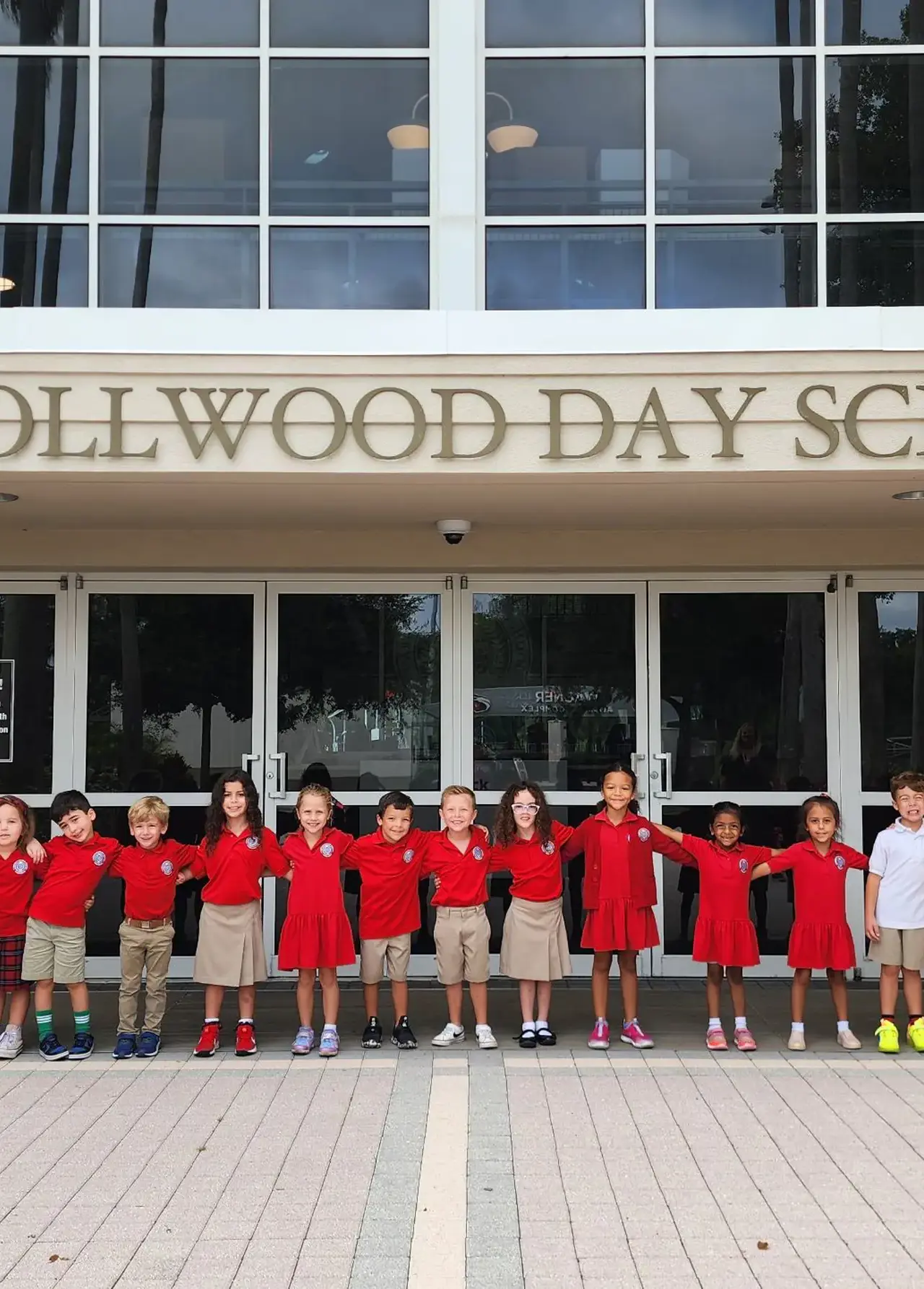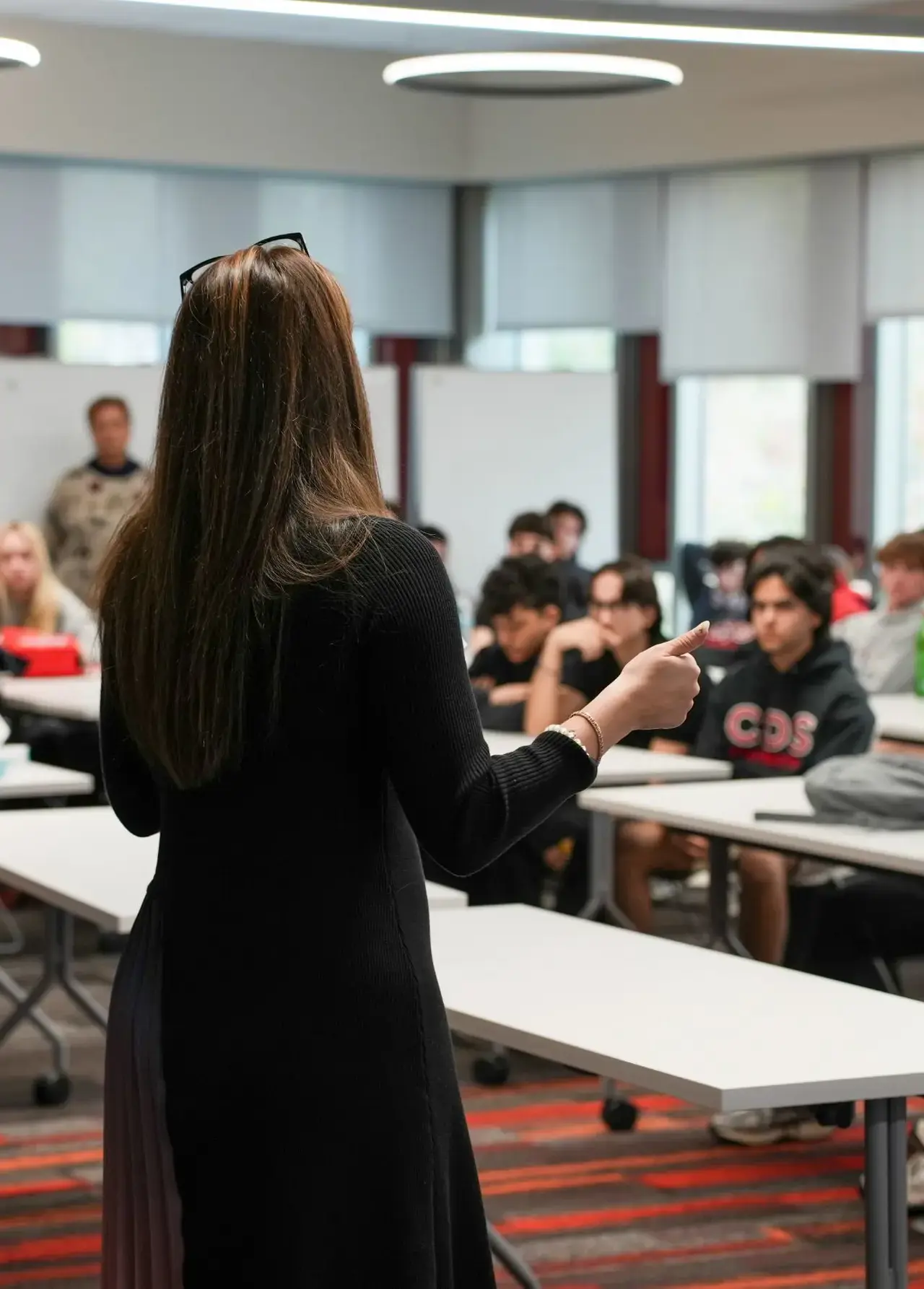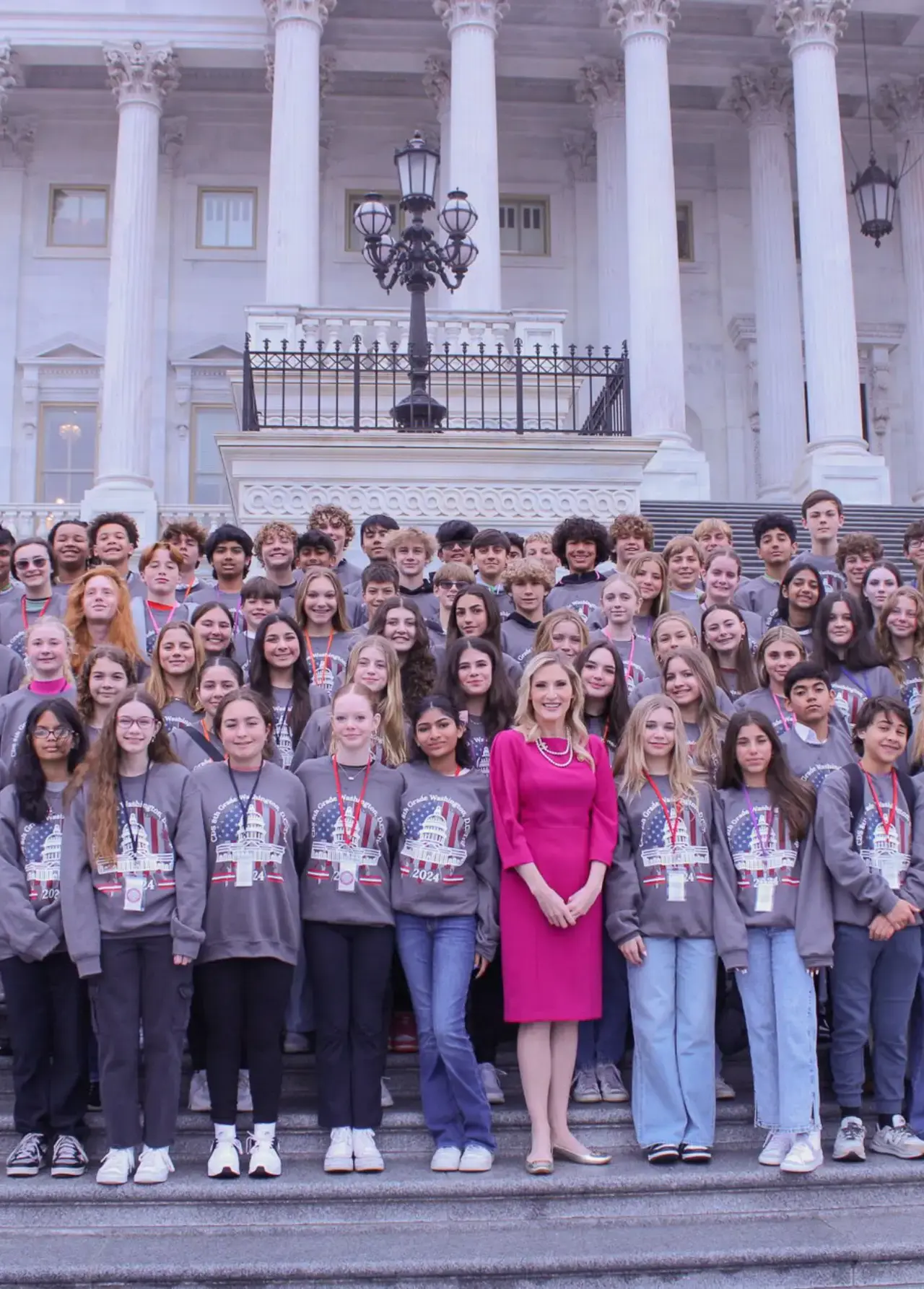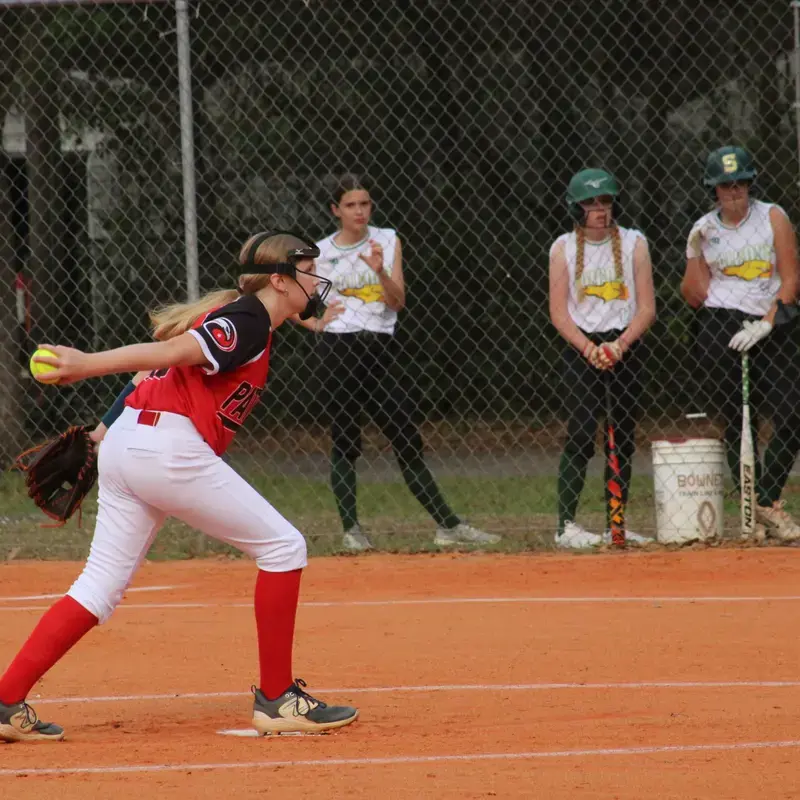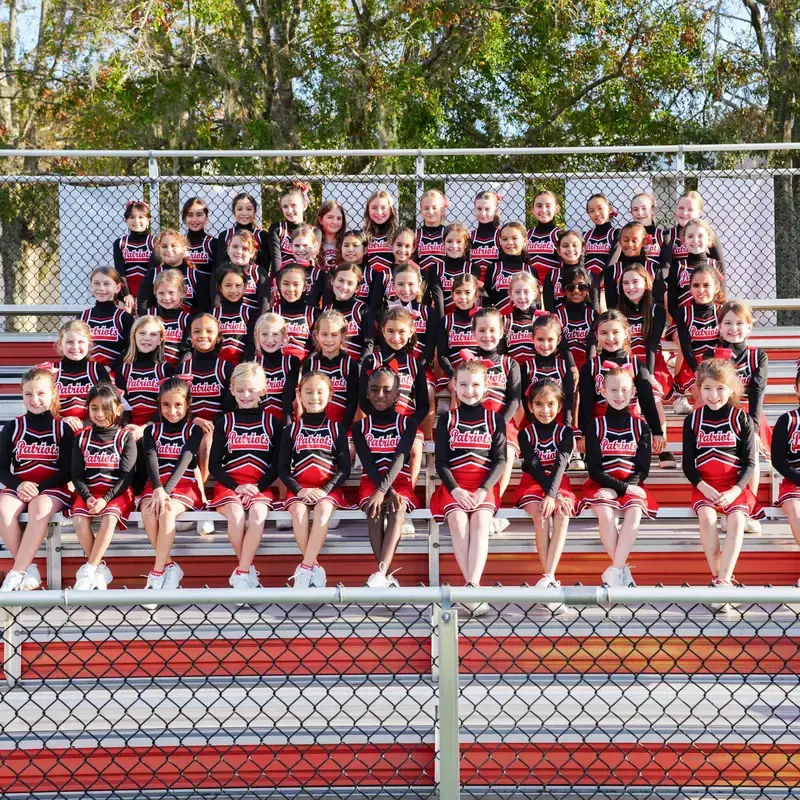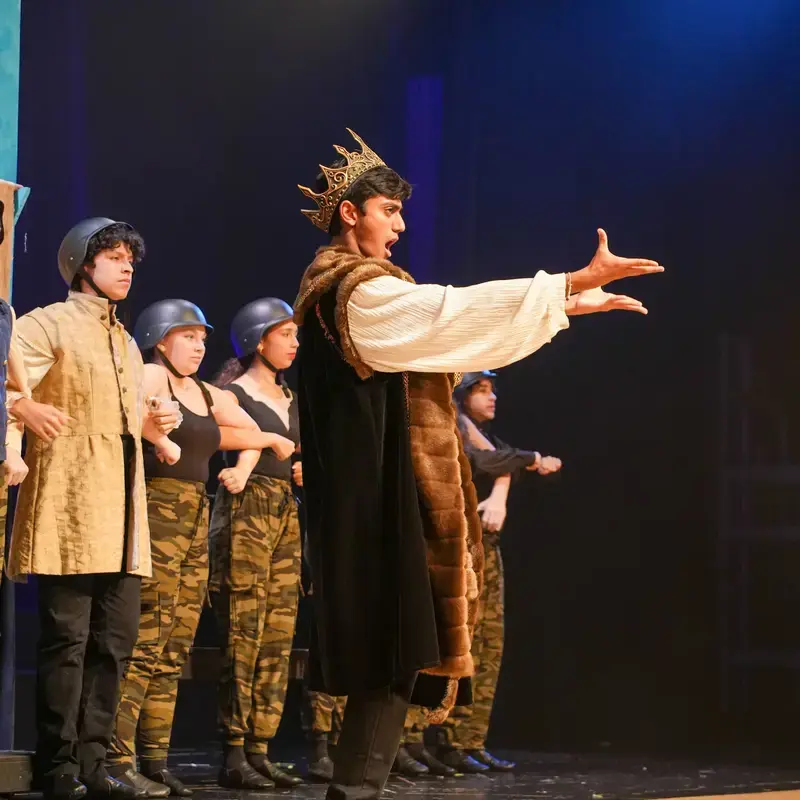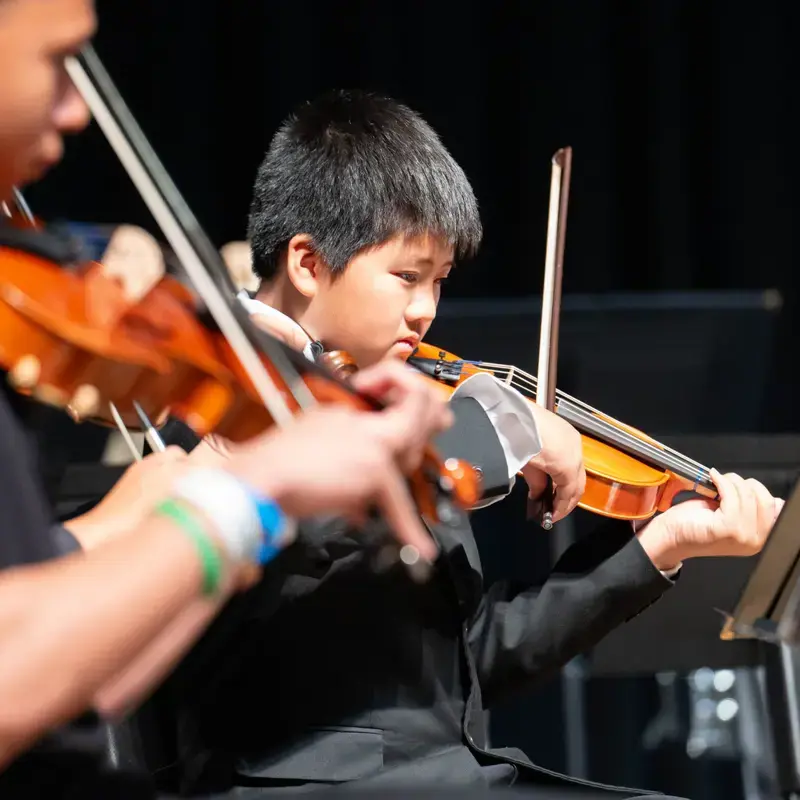[custom-breadcrumbs]
Academics
| Carrollwood Day School's unique academic program is based on the internationally recognized International Baccalaureate curricula with a continuum of instruction from preschool through Grade 12. All IB programmes are learner-centered and inquiry-based. |
Students are prepared to be functionally multilingual and informed with a world perspective in history, literature, geography, mathematics and the sciences. The program culminates with the IB Diploma, recognized by colleges and universities around the world, often with advanced standing.
|
Discover US! Apply now..
As you explore the many opportunities Carrollwood Day School offers students and families, please know that the Department of Admissions is here to help in any way we can.
Book a visit or schedule a call with a member of our admissions team and discover what it means to have Patriot Pride!
Academic Facts
The IB curriculum is widely respected by college admissions officers because it challenges students with a rigorous, globally-minded education that fosters critical thinking, creativity, and a deep understanding of diverse perspectives. IB graduates are well-prepared for the demands of higher education and beyond.
College Admissions Associate
